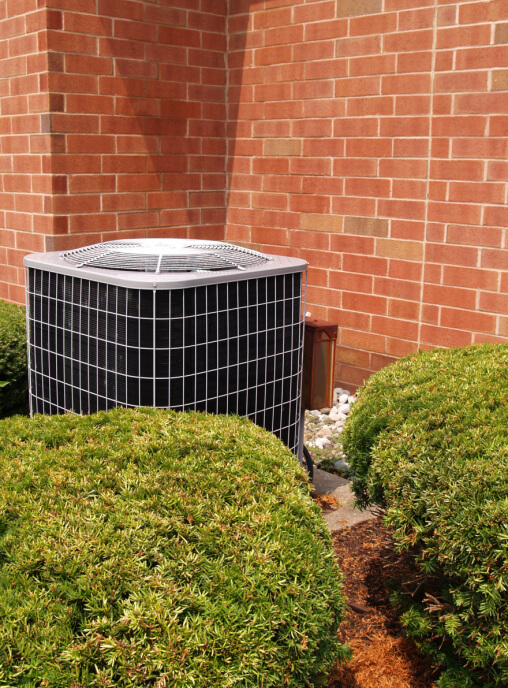
Should I Repair or Replace My HVAC System?
An HVAC system is one of the most expensive purchases a homeowner can make. However, continuing to make repair after repair can be extremely costly as well. While a repair technician should offer solid advice, remember that if it’s possible that you might purchase a new system elsewhere that could provide a motivation for a technician to continue to recommend repairs over replacements. Here is some advice that can help a homeowner decide whether to repair or replace their HVAC system.
Count the years. Experts say that when a heat pump or central air conditioning system is at least 10 years old – and when a furnace or boiler is at least 15 – it’s officially time to consider buying a new system instead of paying for repairs. Over time, all HVAC systems become less efficient. Even more importantly, advances in technology mean that new units are considerably more efficient. In many cases, it’s possible to replace a 10- to 15-year-old system with a new unit that will lower your monthly utility bills by 15 to 20 percent.
Are there temperature swings? One of the common issues with many aging HVAC systems is that they are unable to maintain a constant temperature throughout the house. That means some rooms may be colder than others. In many cases, there will be temperature swings as it takes longer for the system to cool after cycling back on. Once this begins to happen, the temperature swings will likely only become more significant.
Look for dust, leaks and moisture. Other signs of an aging HVAC system that should be replaced rather than repaired include humidity issues, dust and leaks. If you have a duct system, it isn’t unusual for dirt and dust to build up and lead to leaks. You may also notice leaks from the coil or the compressor. This, combined with a system at least 10 years old, indicates that paying for repairs may not be wise. Finally, more dust than normal is also a sign of a problem with the ductwork, which may be taking in that dust from crawl spaces, attics and basements because of tears or leaks, and then distributing that dust throughout the home.
Check the utility bill. Cooling and heating your home accounts for nearly half of the average homeowner’s utility bill. Experts say if you’ve had more than one repair for your HVAC system in a six-month period and the system is at least 10 years old, it’s a good time to examine recent utility bills. If the bills have begun to increase, that’s an indication your system is struggling to do its job. Remember that a new system will be significantly more efficient and – despite the out-of-pocket cost – should produce lower monthly utility bills.